Ireland’s Loss Britain’s Gain
Sold by
@ Ethel Corduff Ask ownerEthel Corduff
by Ethel Corduff Ireland’s Loss Britain’s Gain: Irish Nurses in Britain from Nightingale to Millennium is the first history of Irish nurses in Britain. The Irish have a long history of caring and Britain was a major destination for Irish nurses. Starting with the the historical background and Florence Nightingale’s connections with Irish nursing nuns.The book has over 700 references and explains the reasons and resulting gains for Britain particularly in the National Health Service. Included are many nurses personal stories of difficulties and successes from World War 2 and its aftermath to the Celtic Tiger era
€19.00
ISBN: 9781999982935
Seller Bio
Sold by: Ethel CorduffEthel Corduff (nee Walsh) was born and brought up in Tralee, County Kerry. Her parents had a sweet shop. She was an avid reader visiting the Carnegie Library every day. She started writing while at primary school and published her first article age seventeen in The Kerryman. Leaving school at fifteen she worked in a number of shops in Tralee, Killarney and Dublin for seven years all the time writing short stories and articles, many of which were published. Ethel wrote a book in her teens which she spent years trying to get published and intends to revise it. An overnight decision to go nursing brought her to Staffordshire and after state registration she moved to Croydon, got married and had three children and later did a BSc (Hons). She became interested in nursing history and this led her eventually to spend years researching and interviewing Irish nurses in Britain and eventually self published Ireland's Loss Britain's Gain
Reviews (6)
6 reviews for Ireland’s Loss Britain’s Gain
Show all
Most Helpful
Highest Rating
Lowest Rating
Add a review

Ireland’s Loss Britain’s Gain
€19.00


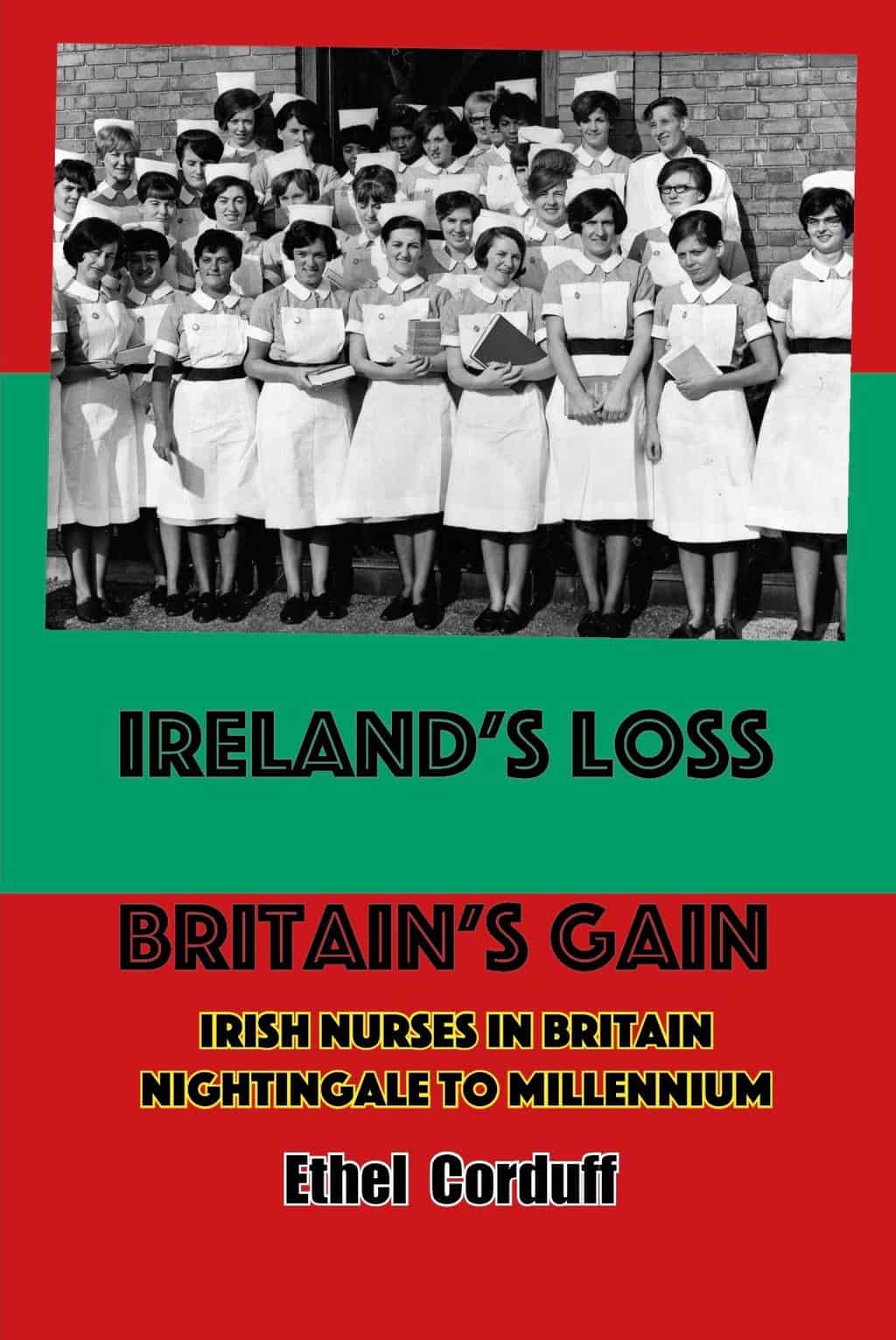
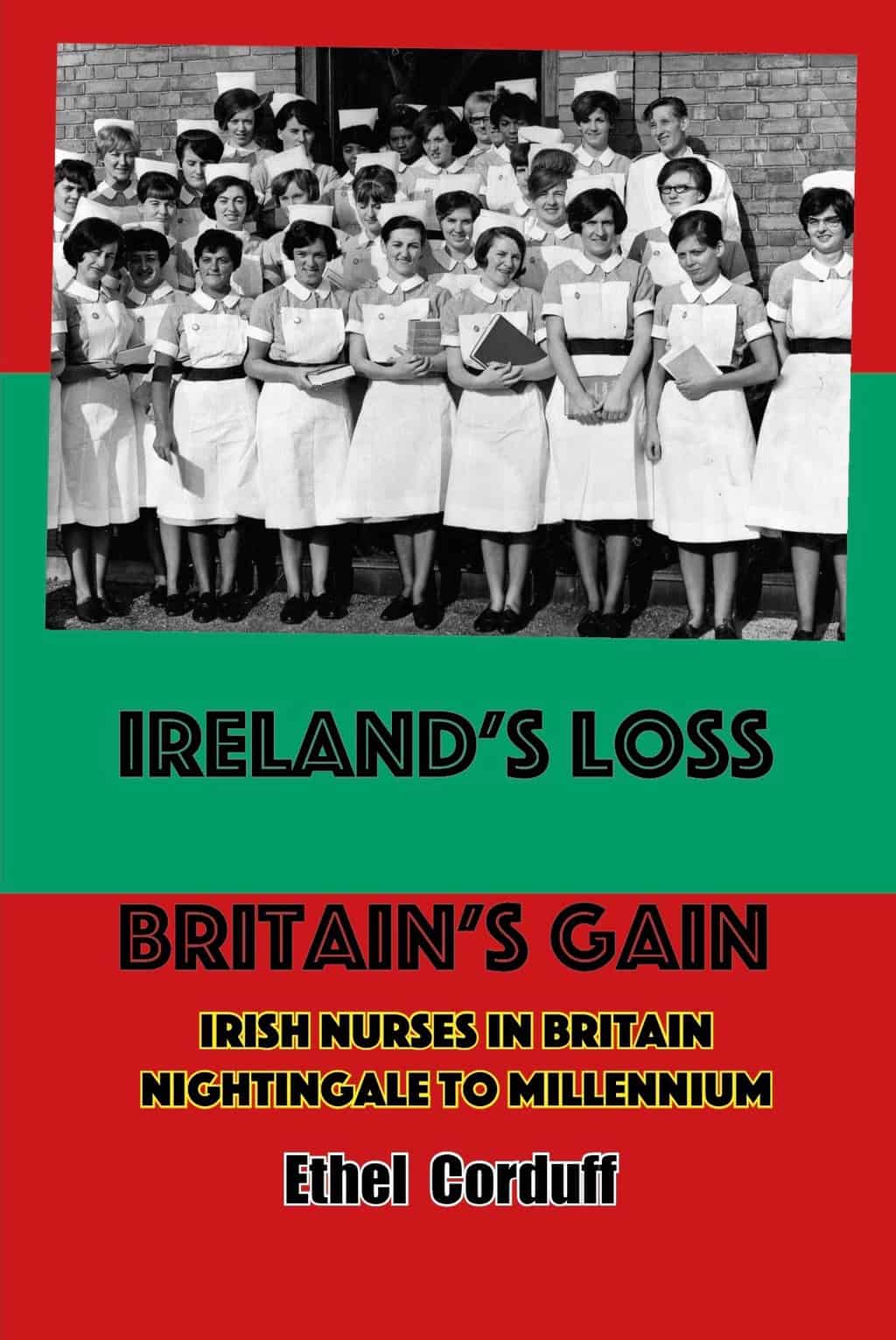
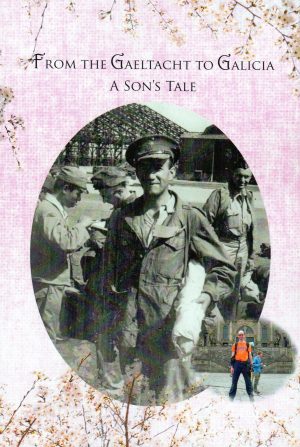

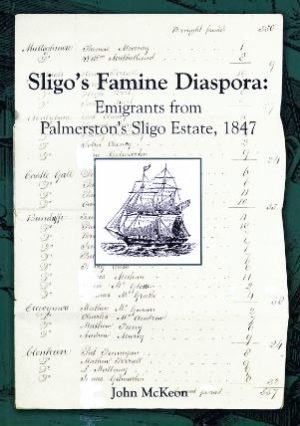

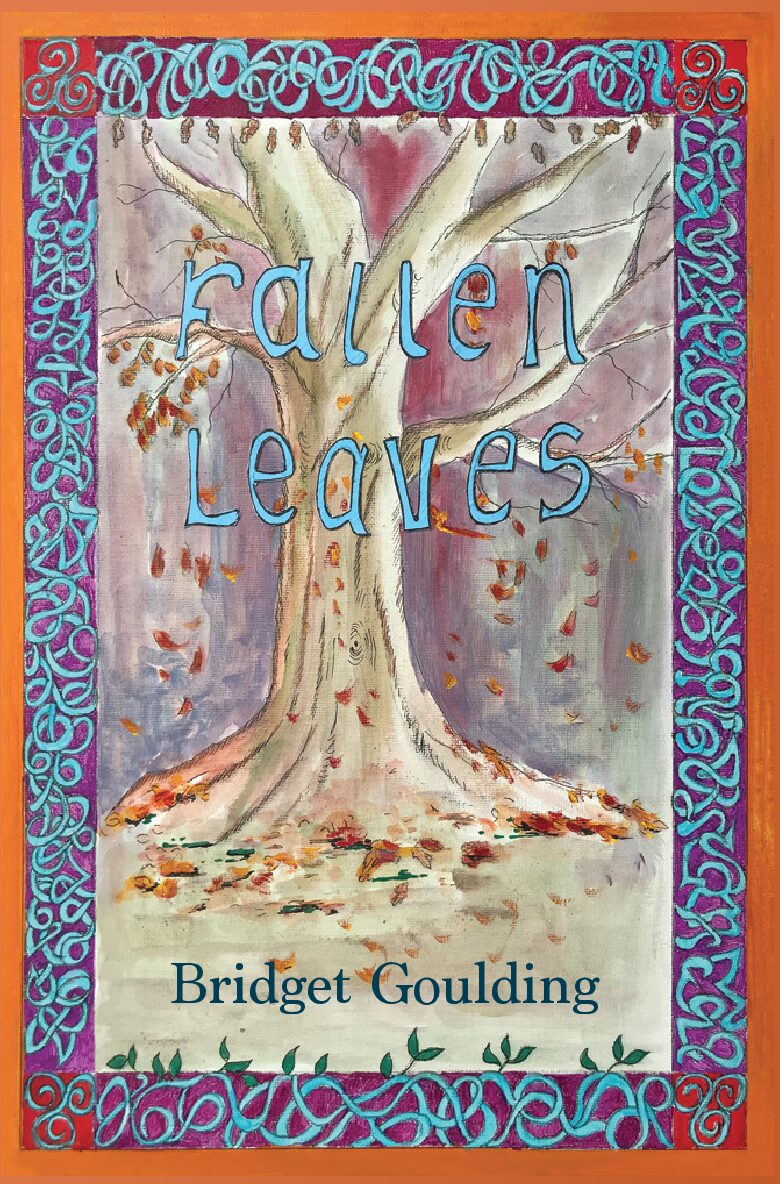



Tony Carroll (verified owner) –
Excellent well researched book which profiles the lives and the immense contributions Irish women and men have made to the NHS. Like many families we had several relatives who nursed in London and who would have been so proud of Ethel highlighting their story because the roster of nurses in Ethel’s book represents all of those who made the journey & continue to do so. The book deserves wider publicity in this the 75th anniversary of the NHS
Dr Tony Murray (verified owner) –
Nurses still have a less conspicuous presence than navvies in popular perceptions about Irish workers in post-war Britain. There is also surprisingly little published research into Irish nurses’ experiences in Britain, so this is a hugely welcome publication. Based on 40 years of research, it is the first book-length study of the subject, and for that reason alone, is not only a milestone in Irish migration studies but an important contribution to the social history of Britain too. It is the product of a huge exercise of meticulous data gathering into a hidden aspect of British and Irish life. As well as putting Irish nursing in Britain into rich historical context, it also includes numerous fascinating interviews with individual nurses (male as well as female) and reveals deep insights into the personal motivations and particular circumstances of an otherwise seemingly homogenous group of migrant workers in the decades following the Second World War. The camaraderie & mutual support during a trying time in relations between the two countries, the conflicts between SEN and SRN nursing and the particular challenges in psychiatric hospitals, are just some of the issues Ethel Corduff, a former nurse herself, shines her torch into. This is a book which deserves much wider attention from social scientists than it has so far received. It also opens a window onto a profession which all of us will be familiar with, but most of us know very little about.
Sinead Flanagan –
I loved this book. Is there any family in Ireland not some how connected to an Irish nurse that lives in Britain. I loved the history of Irish nursing bringing me right back to Breton law. I found it fascinating.
The Author managed to find a beautiful balance between history, fact and human interest. Irish peoples heritage is so intertwined with Britain yet there appears to be a lack of recording of our influence. This book fills that gap with so elegantly.
I feel that this book should be on the curriculum in nursing colleges in Ireland. I enjoyed this book for so many reasons and will be recommending it to many others.
Orla Ryan –
Ethel’s Corduff’s book, Ireland’s loss Britain’s gain, is a well deserved homage to Irish nurses in Britain, from the time of Florence Nightingale right up to the Millennium. The early part of the book is rich in historical detail referencing Ireland’s heritage in care and healing as far back as the Brehan Laws, Saint Brigid and the well known religious sisters, Mary Aikenhead and Catherine McAuley.
The reader will delight in reading stories about women such as Mary Donnelly, the Irish midwife who performed the first successful caesarean in 1738 and the former General Secretary of the INO, Annie Smithson who was also a bestselling novelist.
The book really comes alive with stories of the real life experiences of some of those nurses, including the author herself. Generally from farming or working class backgrounds and with little education these women despite their initial homesickness went on to have very successful careers and found friendship and loyalty among their own. Many married and made England their home, ensuring that Ireland’s loss was very much Britain’s gain.
The book is very well referenced with detailed sources and is dedicated to the author’s missing brother, Victor Walsh.
Bernadette Murphy –
IRELAND’S LOSS BRITAIN’S GAIN by Ethel Corduff is a book that needed to be written.
It is a lively engaging volume on the huge contribution of Irish Nurses to the British Health Service from the Nightingale era up to and including the Millennium.
I loved reading this book. Having nursed in England myself for over 16 years this comprehensive well researched volume struck a chord with me.
I was immersed in the personal accounts and spent ages looking at the supporting photographs.The conversational tone woven around the historical facts drags you in and you keep reading because you want to know more.I felt myself comparing the writer’s account with my own memories.
I would recommend this book for anyone who nursed in England or had somebody belonging to them who did, indeed to all those Irish nurses who still work there and to anyone contemplating going to England to nurse.